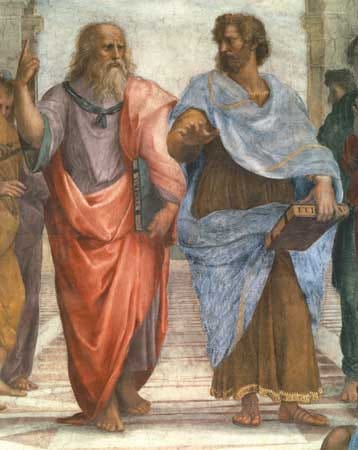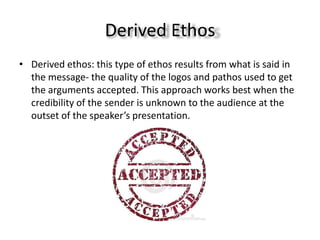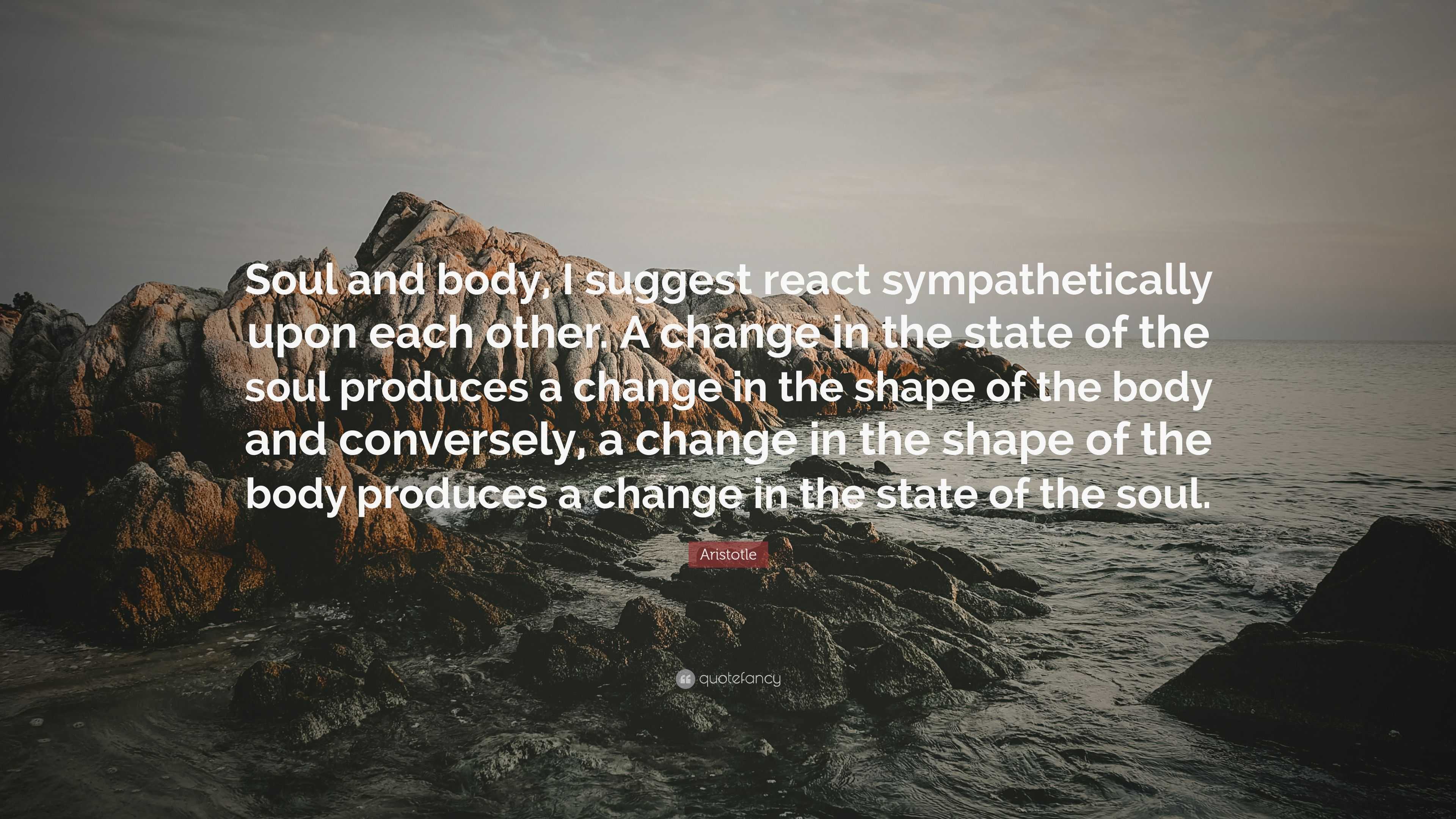

He argues that, for Aristotle, the bearers of truth and falsehood are of three main types: sentences (or more precisely, utterances), thoughts (that is, thought tokens) and objects - both composite objects (such as states of affairs and possibly material substances) and simple objects (such as essences and immaterial substances). In Part I, Crivelli discusses the bearers of truth and falsehood and the truth conditions of predicative thoughts and sentences. The introductory chapter, which describes the theory without attempting to defend the attribution of it to Aristotle, enables Crivelli to achieve all this with maximum clarity. He aims not only to describe a sophisticated (and unfamiliar) theory of truth but also to engage in the close textual analysis needed in order to support his contention that Aristotle is committed to this theory. The book’s introduction discusses these methodological concerns and also lays out, in outline, the views about truth that Crivelli will attribute to Aristotle.


It is, I think, undeniable that Crivelli’s book greatly enhances our understanding of Aristotle, even if one suspects that Aristotle himself might have had something to learn from the results. Whether such a method is fruitful can only be judged on the basis of its results in any particular case. His approach, he says, is to reconstruct what Aristotle would have said in answer to these questions. It is unlikely that all the questions he discusses are questions that Aristotle himself thought of (or even had the conceptual apparatus to formulate). Throughout, Crivelli combines the highest standards of scholarship with a concern to engage philosophically with the texts he discusses.Īs Crivelli himself recognises, his method of asking Aristotle questions from modern analytic philosophy invites the charge of anachronism. It is densely argued and is written in a clear, economical style. He asks: ‘What are the bearers of truth and falsehood?’ ‘What are the truth conditions for predicative assertions?’ ‘What account can Aristotle give of the truth conditions of what seem to be predicative assertions with an “empty” predicate or subject?’ ‘Does Aristotle have a correspondence theory of truth (and if so, what type of correspondence theory is it)?’ ‘What is the relation between truth and time (and in particular, how is it possible, on Aristotle’s view, for the bearers of truth and falsity to have different truth values at different times)?’ ‘Is truth a genuine property?’ ‘What is (or would be) Aristotle’s response to the liar paradox?’ ‘Does Aristotle reject the principle of bivalence?’Īs the range of these questions suggests, this is a book that will be of interest not only to ancient philosophers but also to those working in modern philosophy of language and in metaphysics. A list of these questions gives a good impression of the scope of the book.
#ARISTOTLE TIME IS THE MOST UNKNOWN SERIES#
His approach is to ask a series of questions and attempt to show how Aristotle would answer them. Image: Bust of Aristotle via Wikimedia Commons.In Aristotle on Truth Paolo Crivelli aims to reconstruct Aristotle’s views on truth and falsehood. If you enjoyed this summary of Aristotle’s Poetics, you might also enjoy our brief history of tragedy. Catharsis – spectator motivated to purge his own tragic flaw. End = catastrophe – hero suffers consequences.

Middle = stimulation of hamartia – tragic flaw peripetiae – reversal of fortune anagnorisis – moment of realization. We might summarise the structure of tragedy as follows: beginning = prosperity of hero. The tragic element also arises from his status in society – because he is the king and what happens to him will have wide social repercussions. We pity Oedipus’ decline because, except for one or two faults, he is basically a good man. The spectator can still empathize with the hero because he is not an unregenerate figure. The flaw is both individual and social – an undesirable element that would lead a person to go against the laws of land. Aristotle’s term for this is catharsis: the spectator should be purged of undesirable elements that prevent his happiness. Because the spectator empathizes with the protagonist, he will be led to recognize his own tragic flaw whatever that may be – and he will want to root it out so that he does not end in the same way as the fallen hero.
#ARISTOTLE TIME IS THE MOST UNKNOWN HOW TO#
This isn’t the happiest of endings so, what’s the aim of tragedy? To teach you how to be a better person.


 0 kommentar(er)
0 kommentar(er)
